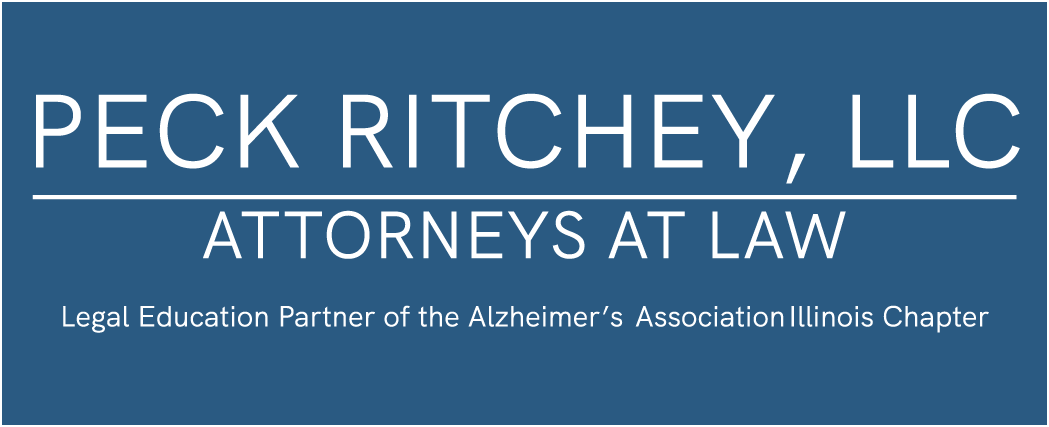Guardianship law focuses on providing a legal decision maker for a disabled person who cannot make decisions on their own behalf. Guardianship proceedings are most often initiated because the disabled person does not have any power of attorney documents clearly stating their wishes and who they would like to be the decision make should they become incapacitated. For example, if your aging mother is in the later stages of Alzheimer’s or dementia and can no longer pay her bills or make medical decisions with her doctor you may want to become guardian so you have the legal authority to make those decisions on her behalf.
If you are considering seeking guardianship of a loved one, you should be working closely with a guardianship lawyer who can advise and guide you through the complex process of becoming a guardian.
The Doctor’s Report
To begin the guardianship process, the first document the attorney will ask you to complete in Illinois is a physician’s report. This report, created by the court, allows the disabled person’s primary physician to detail the extent of their disability and confirm that they are in need of an alternate decision maker. The guardianship attorney will often ask you to have the doctor complete the form prior to your initial consultation.
Choosing the Guardian
When determining who should serve as guardian you need to consider the preferences of the disabled person and what will be best for them. Although a family member is always preferable, you need to consider location (obviously if someone lives in another state they would not be preferred), and most importantly: who the disabled person is close with, enjoys being around and trusts. Also consider whether or not the guardian would have the time and energy to devote to the disabled person. If there are no eligible candidates within the disabled person’s close circle, there are professional guardians who can step in this role.
How a Guardianship Attorney Can Help
The court system can seem like another planet to a non-attorney. Petitioning for guardianship is a stressful decision in itself, as you are often worried about your elderly loved ones safety and well being. To ensure the process goes as smoothly and quickly as possible you should consider hiring a guardianship attorney who knows the law, has years of experience petitioning for guardianship (and has probably been appointed a guardian ad litem in the past) and knows the judges.
The elder law attorney will also have referrals in the senior community in order to create a multi-disciplinary team to advocate on the disabled person’s behalf, such as doctors, geriatric care managers, social workers, nurses, and/or long-term care or in-home care companies. By having this complete team available for the disabled person, the potential guardian can lay down a concrete plan to present to the judge to prove they are the best for the job.
If you’re already the legal guardian for another person, you may still want to consult with an elder law attorney to ensure you follow proper legal procedure in managing the disabled person’s personal and financial affairs. Chicago estate planning lawyers with litigation experience are valuable allies because they understand how to set up a guardianship properly in order to avoid unpleasant and expensive litigation surrounding an estate. They can also minimize the distress and cost of battling a guardianship issue in court if a problem arises down the road.














